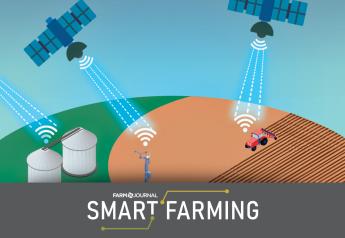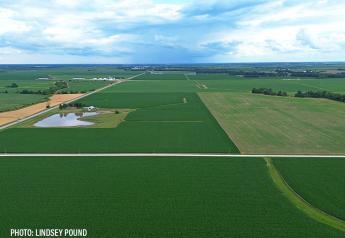Dicamba Complaints in Missouri Continue After Label Change
As complaints about dicamba damage continue to trickle in, farmers, applicators, manufacturing companies and state employees are trying to get a handle on what’s going on.
“This is a tough situation—there are not winners on either side of this issue,” says Chris Chinn, Missouri Director of Agriculture. “We want to protect this technology but we also want to protect the farmers who choose not to use this technology.”
Recently, North Dakota asked farmers and applicators to complete a survey about damage, Minnesota added information to their state’s website about dicamba damage and some southern states have added further restrictions or bans to dicamba products.
“This is probably the hottest topic going on here,” says Missouri farmer, Gene Millard. “On my own farm we have three different areas showing symptoms of damage and we don’t know what the results of that damage are yet.”
Earlier this summer Missouri issued a stop sale that lasted less than one week before releasing a revised label with more restrictions. The state is investigating 247 cases of alleged dicamba damage, though Chinn says the rate of new complaints has slowed somewhat since the new label was issued. Chinn says the state is gathering data from the stop sale and since more restrictions were added to see if it’s helping. In addition they’re reaching out to others with similar issues.
“We’ve been talking with surrounding states to see what they’re seeing,” Chinn adds. “We feel stewardship is going to be essential to our industry to make sure we can find a solution moving forward. I think there needs to be more education.”
As harvest begins data will pour in to reveal more information about the damage itself, such as if there is a negative yield affect. After companies and state employees learn more they’ll start drafting a solution for the 2018 season.







